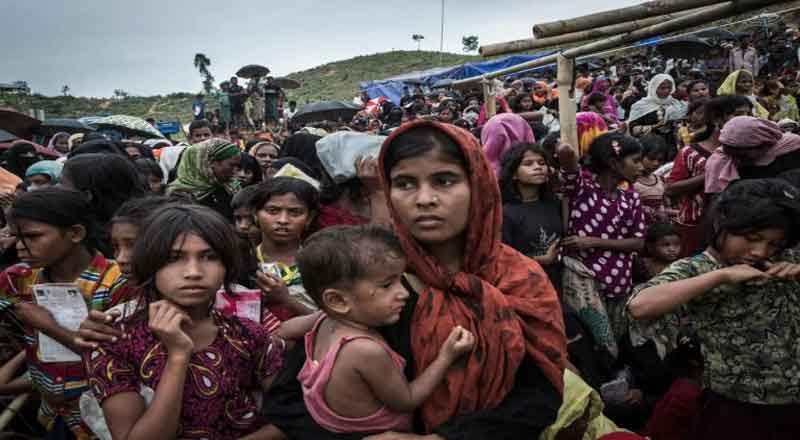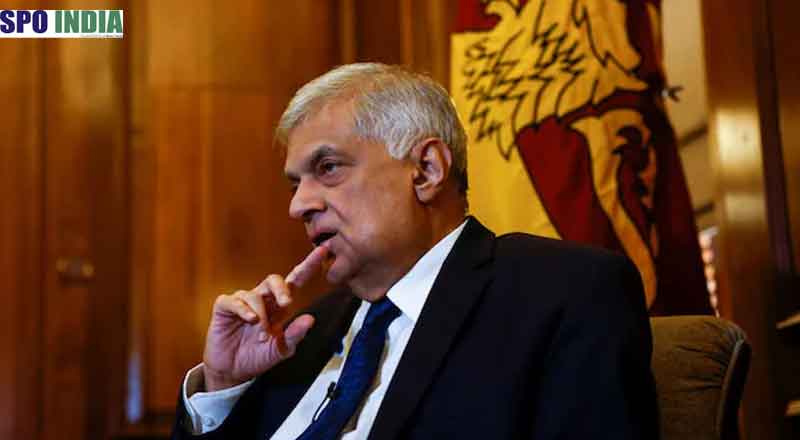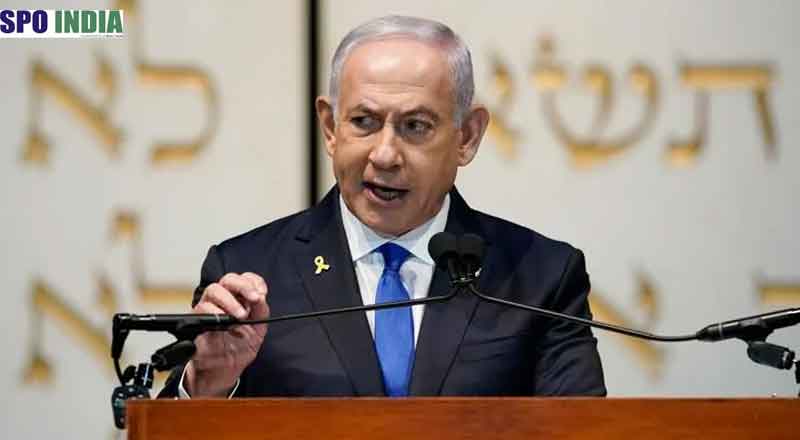- The Modi government firmly asserts to the Supreme Court that Rohingya Muslim migrants lack the fundamental right to settle within India’s borders.
-
Concerning Article 21 of the Constitution, the government denies Rohingyas the right to reside and settle, reserved solely for Indian citizens.
- In a subtle nod to neighboring Bangladesh, the government hints at the challenges posed by unchecked illegal migration, raising concerns about demographic shifts and security implications.
- Asserting refugee recognition as a policy prerogative, India emphasizes that judicial intervention in such matters is unwarranted.
- India’s unequivocal stance on the Rohingya issue, as presented to the Supreme Court, underscores the complexities of migration and security concerns.
-
The government’s assertion of its domestic policy framework signals its commitment to addressing the Rohingya challenge within its sovereign boundaries.
-
In a decisive move, the Modi government firmly asserts to the Supreme Court that Rohingya Muslim migrants lack the fundamental right to settle within India’s borders. Emphasizing the separation of powers, the government’s affidavit underscores the exclusivity of legislative and policy domains held by the parliament and executive branches, beyond the judiciary’s reach.
Concerning Article 21 of the Constitution, the government denies Rohingyas the right to reside and settle, reserved solely for Indian citizens. Despite some Rohingyas holding UNHCR refugee cards, India remains resolute, refusing to grant refugee status based on these documents.
In a subtle nod to neighboring Bangladesh, the government hints at the challenges posed by unchecked illegal migration, raising concerns about demographic shifts and security implications. Allegations of Rohingyas engaging in fraudulent activities and subversive acts across the nation further underscore the security risks associated with their continued illegal presence.
The government’s response is a direct rebuttal to a petition filed by Priyali Sur, founder of ‘The Azadi Project,’ seeking the release of detained Rohingyas under the Foreigners Act. India clarifies its stance, citing its non-signatory status to international refugee conventions and its commitment to managing the Rohingya issue domestically.
Asserting refugee recognition as a policy prerogative, India emphasizes that judicial intervention in such matters is unwarranted. It firmly states that the right to equality does not extend to foreigners and illegal migrants, reiterating its position on the Rohingyas’ status.
In conclusion, India’s unequivocal stance on the Rohingya issue, as presented to the Supreme Court, underscores the complexities of migration and security concerns. The government’s assertion of its domestic policy framework signals its commitment to addressing the Rohingya challenge within its sovereign boundaries.
(With inputs from agencies)





